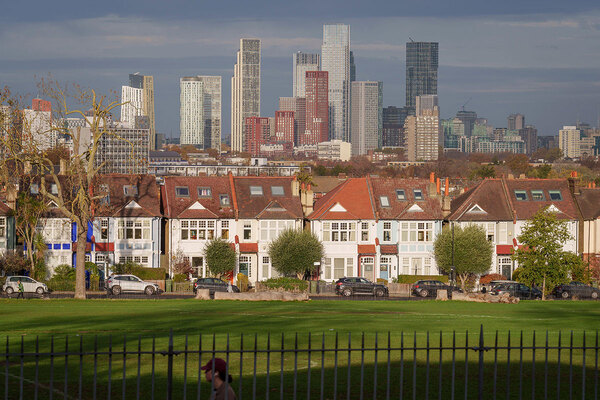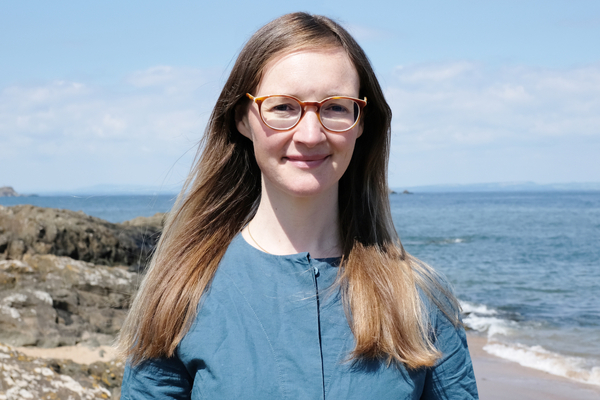Sustainability is the route to success
We could be achieving so much when it comes to sustainability, but seeing it as a cost rather than a benefit is holding us back, writes Craig Bell, chief executive of Bell Group
It feels as if we are at a crossroads that is genuinely concerning. The world’s polarised political positioning has seen sustainability become an easy target for right wing politicians. They call it a “cost burden”, feeding off general discontent to score political points and headlines. It’s a dangerous narrative with serious implications.
Alongside this is a lingering confusion about what sustainability means, because while energy-saving lighting and paper cups constitute good environmental practice, these things aren’t sustainability.
Sustainability is about reducing, reusing and recycling, looking at your processes, considering their long-term impact and asking – are we leaving things better than we found them?
To have the best possible outcome, sustainability must be embedded in projects from the start. Our vision involves approaching sustainability in the same way as health and safety – ingrained in all processes, procedures and behaviours.
Although during the tender process we spend a lot of time submitting credentials and talking about carbon, once the contract delivery wheels are in motion, the focus for the majority is about reducing initial cost. While everyone wants to work sustainably, it just doesn’t happen to the extent we know is possible, when budgets are squeezed and people focus only on the here and now. But short-term thinking means we face long-term risk.
We have made progress when you look at the acceleration of decarbonisation, but we still don’t consider long-term value and impact enough in the decision-making process when it comes to building and retrofitting social housing. With the next round of the Warm Homes: Social Housing Fund underway, which will unlock more retrofit demand, it’s crucial we apply the funding in the best way possible, with future generations in mind.
One of my biggest frustrations, and an example of the struggle to marry sustainability with budgets is that we are often required to install composite doors and laminated kitchens that we can’t later reuse or recycle. We are left with no option but to put them to landfill.
Yet what’s the alternative? A solid, wood kitchen would be better quality and recyclable, but it’s a significantly higher upfront cost for the client, so it becomes an unrealistic option.
Another area where we could make greater strides forward is with paint. As a business we apply millions of litres across thousands of properties a year, but we pay a premium for environmentally friendly paint. Surely the more polluting options, which are also more expensive to manufacture, should come attached with the price penalty instead.
We need to make these sustainable choices more visible to help people make informed decisions. Our supply chain partners are fully engaged in this, and we are collating embodied carbon figures for all products supplied by our top ten most frequent suppliers.
In addition, we are working with Causeway Estimating Software to assist our surveyors in providing a carbon calculation for every item they have selected – whether that’s fire doors, paint or kitchen units. Project delivery teams need to talk about the products selected and ask what their long-term impact will be.
Sustainability and profitability absolutely belong in the same lane, and it shouldn’t be a cost burden for a business – in fact, it should be the very opposite. And we have absolutely seen the tangible benefits.
By increasing the levels of recycling from our sites, we have been able to divert significant amounts from landfill – which has the added bonus of saving us as much as £750,000 on skip hires and landfill costs per year.
It’s also important to highlight that sustainability isn’t just about materials and resources. At Bell we firmly believe it’s also about people. The government’s focus and the media narrative around sustainability centres too much on net zero, but sustainable thinking is so much more. It allows us to build better communities, create long-term, environmentally friendly jobs and has a positive impact on social mobility, mental health and well-being.
Sustainability is at the crux of success on so many levels – and achieving net zero? Well, that’s just the cherry on the cake.
Craig Bell, chief executive, Bell Group



